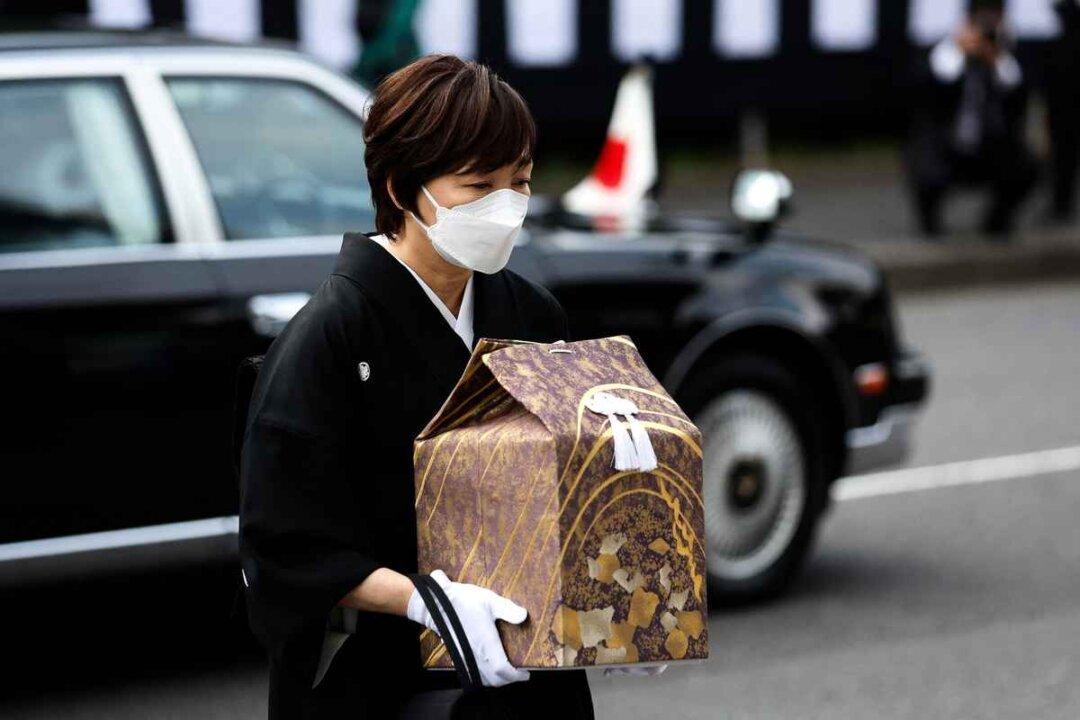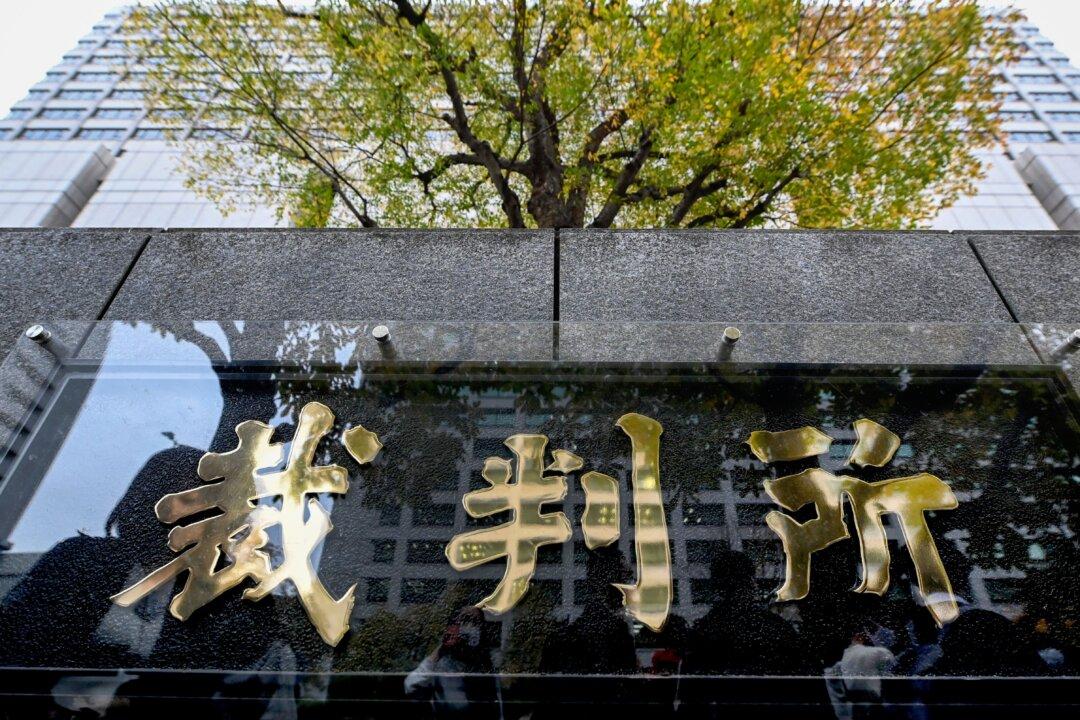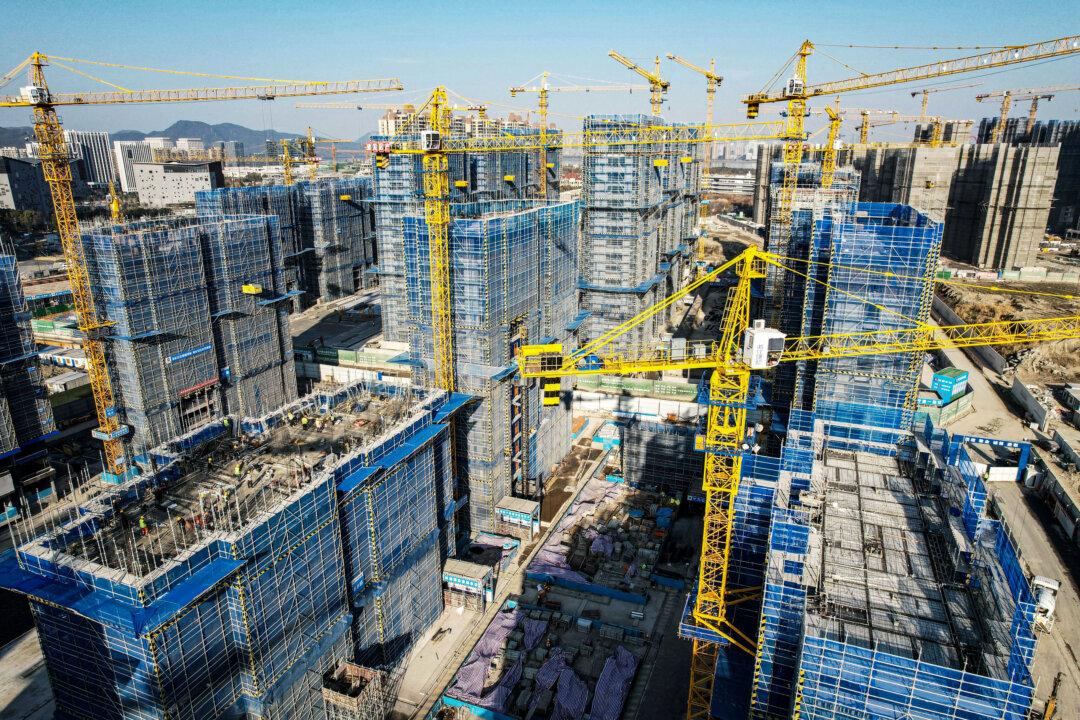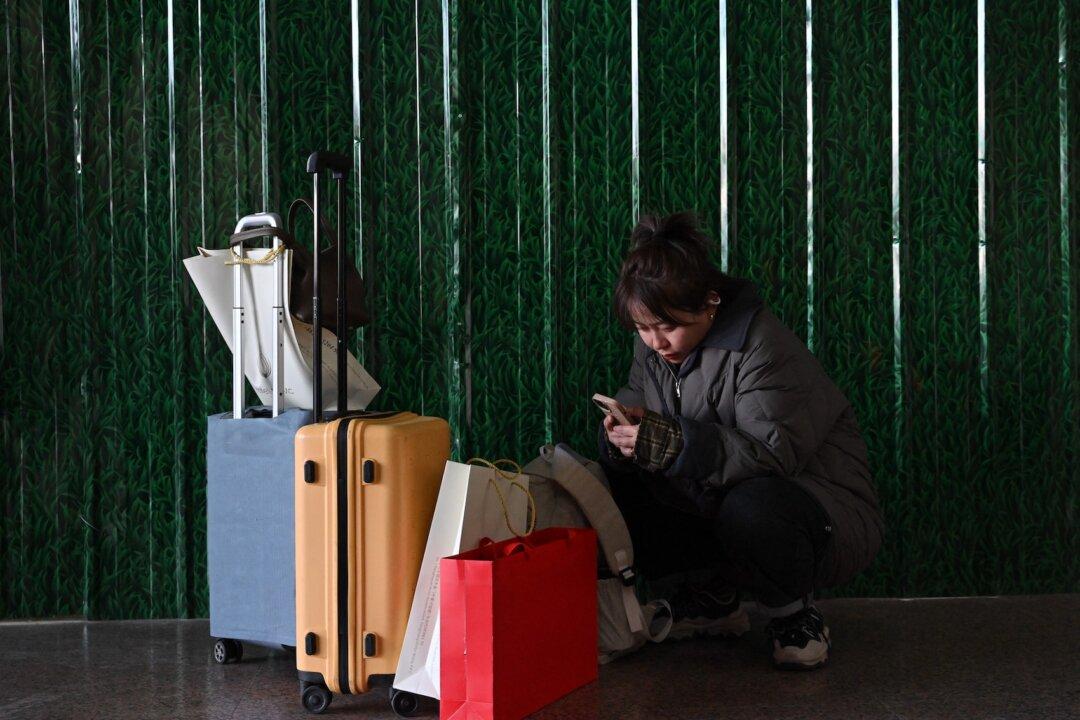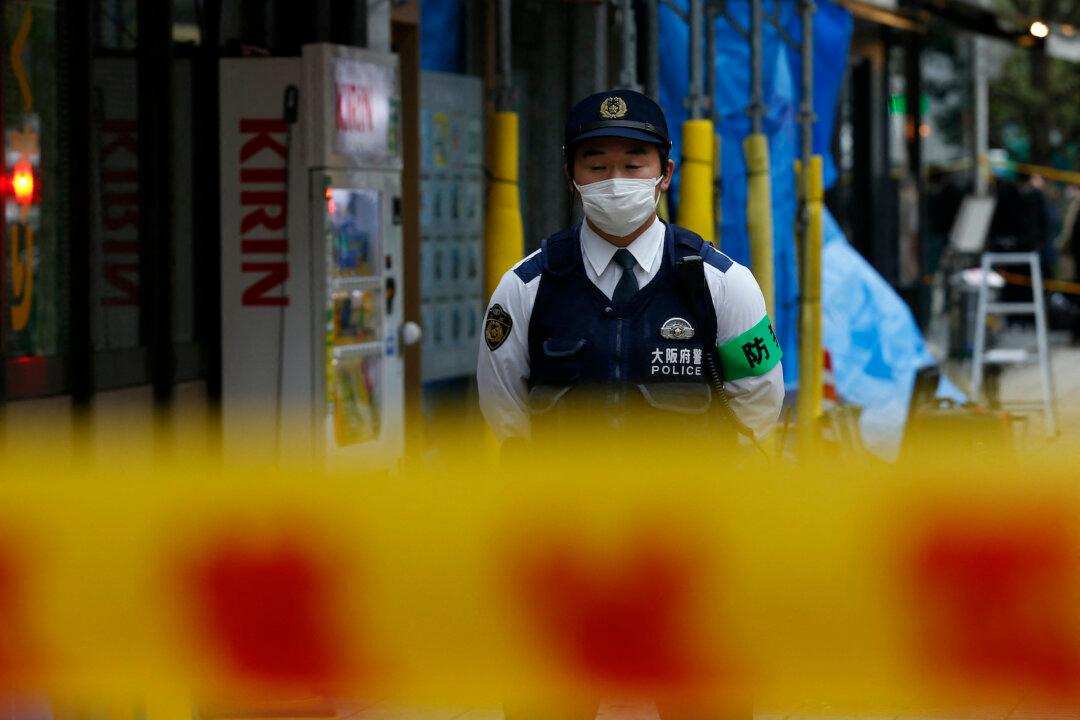Japan has become the go-to market for Chinese businesses wanting to expand through acquisitions there. In addition to acquiring the oldest home appliance store Laox and turning it into a popular duty-free store for tourists, Chinese investors have snatched up hotels that struggled during the pandemic and recently come to a near monopoly of Tokyo’s death care services industry. This is concerning to funeral home executives like Minoru Osugi who suspects China may use its business model to spread Chinese Communist Party (CCP) influence.
Japan’s crematoriums are public facilities operated by the local government. But in Tokyo, the local government operates only two of nine total crematoriums. Private entities own the remaining seven. Of those, Tokyohakuzen Co., Ltd. owns six which account for 70 percent of Tokyo’s funeral business.
